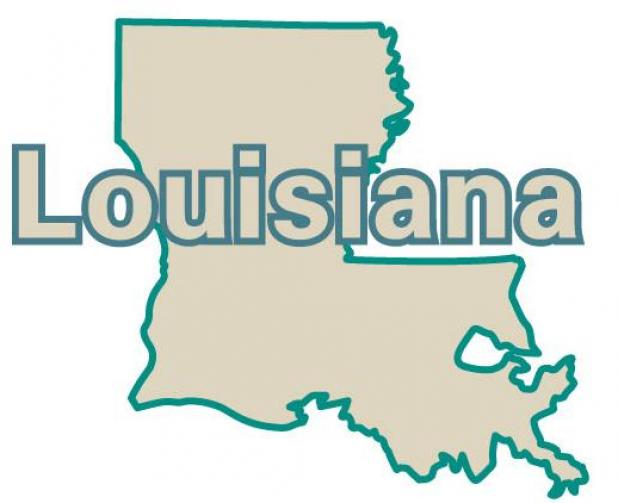
Louisiana Spotlight: Action may be light in legislative session
BATON ROUGE — Louisiana residents hoping to see the governor and lawmakers tackle the state’s entrenched problems and enact sweeping change might need to lower their expectations. This year probably won’t be the year for them.
The two-month regular legislative session that starts in April comes after 10 mostly contentious legislative sessions — including seven special sessions to deal with state finances — were packed into three years. It also comes in an election year.
Many lawmakers are likely to be less ambitious after the exhausting budget and tax battles they’ve waged since 2016. In addition, lawmakers and Gov. John Bel Edwards likely will be less interested in irking voters in a year where they’re running to hold onto their current seats or to advance to new elected positions.
Election-year sessions often aren’t memorable, and they’re not typically known as reform years.
That’s not to say some people won’t try to be ambitious. A few lawmakers are talking about trying to rewrite Louisiana’s tax laws. Chatter continues about trying to raise the gas tax to address a multibillion-dollar backlog of road and bridge work. Others want to overhaul Louisiana’s method of collecting sales taxes. Some want to revisit additional hot-button topics of years past.
The question is whether any of those big-picture ideas can rally enough support among skittish politicians trying to preserve their chances on the ballot.
The governorship, six other statewide jobs, and all 144 state legislative seats are up for grabs in the Oct. 12 primary election.
Edwards, a Democrat running for a second term, gave a sneak peak of his legislative agenda to the Press Club of Baton Rouge last week. The list was largely a modest one.
The governor will revisit his failed proposals to increase the state’s minimum wage and to enact new equal pay provisions, but their chances of passage seem slim. He’ll push state-level legislation to prohibit health insurers from refusing coverage to people because of their medical conditions — aimed at duplicating a provision of the federal health overhaul that is threatened by litigation.
Edwards’ top priority is a $1,000 teacher pay raise, the start of an effort to return salaries to the Southern average.
Passage of the pay hike would be significant, but it’s also not exactly touching on a controversial subject. Republicans and Democrats seem to be in widespread agreement about backing some sort of teacher pay raise, with most of the questions centering on how much to boost salaries and whether to extend the increase to school support workers as Edwards wants.
The largest fight on teacher pay may simply be about who gets to take credit for the raise.
House Republican leaders, who regularly clash with the governor, have blocked the income forecast boost that Edwards wants to use to pay for the salary increases, saying the state has too much financial uncertainty for the changes. They say they want to wait more months into the year to see if the projections stay on track.
If the House GOP leaders continue to hold out on the forecast changes, that could complicate Edwards’ plan to include the teacher raises in the budget proposal he’ll release in February. House Republicans could then adopt the forecast changes later and add the money for the teacher raises into the budget themselves.
The main events in the 2019 legislative session may be political posturing and the battle to take credit. The looming elections are expected to provoke more partisan wrangling and even less willingness to compromise.
Republicans in the majority-GOP House and Senate likely will be angling to put Edwards in uncomfortable positions with some of the maneuvers they make and the bills they propose. Meanwhile, the Edwards administration will be trying to protect its prior-year wins and stop anything that would put the governor in a politically tricky spot from reaching his desk.
The differing sides won’t necessarily want to make it easy for their opponents to claim a win. That could make it difficult to find compromises in policymaking this year.
Melinda Deslatte has covered Louisiana politics for The Associated Press since 2000. Follow her at http://twitter.com/melindadeslatte
